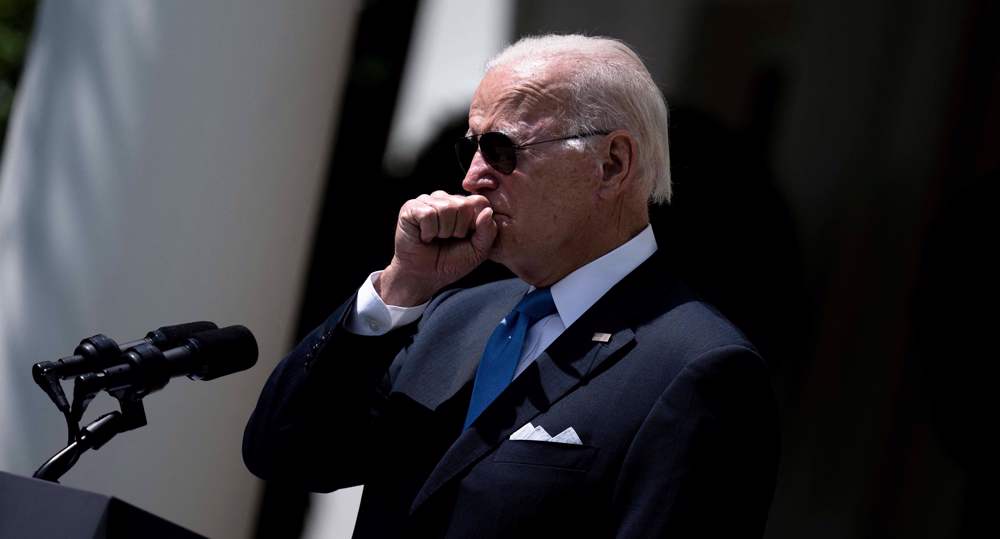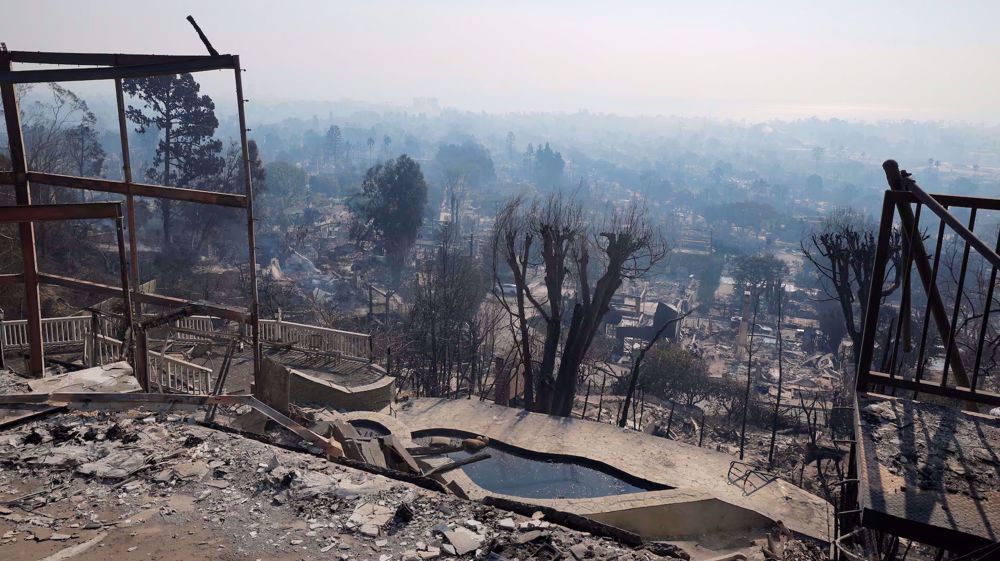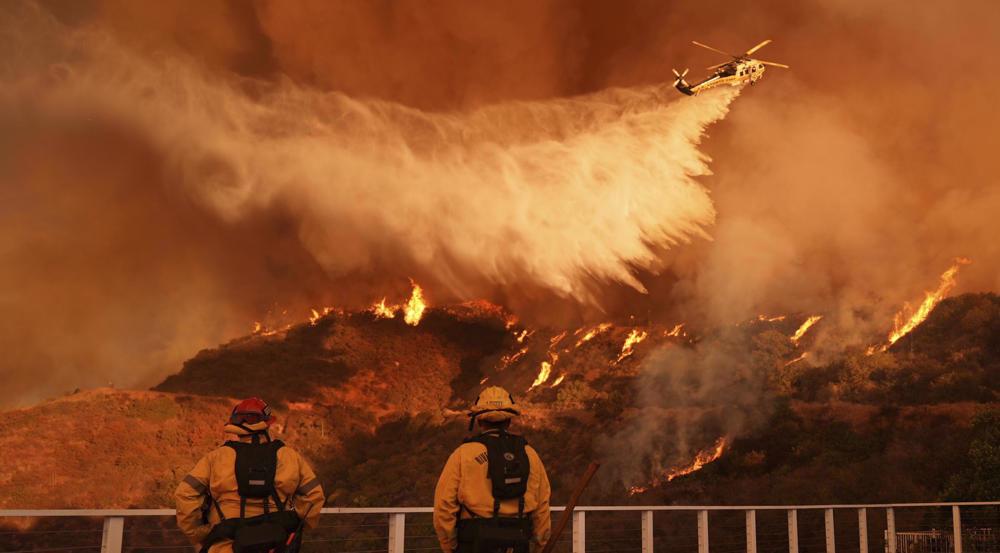US city in acute water crisis as Biden lavishes colossal fortune on Ukraine
Residents of Jackson, Mississippi, have for over a month been grappling with a severe water crisis exacerbated by torrential rains and flooding while Washington is spending billions of dollars to support Ukraine, turning a blind eye to the infrastructure-related hardships at home.
The predominantly black and poor American city has had no access to safe drinking water and more than 150,000 residents in Mississippi's capital have been under a boil water alert since early-August when the pumps at the city's main water treatment plant faced problems during floods.
The daily lives of a large number of residents in Jackson have been disrupted as nothing comes out of their taps, and for those that do, it must be boiled before consumption.
With the crisis now in an acute stage, the Mississippi emergency management agency has announced water distribution plans as part of attempts to tackle the crisis.
“For the longest [time], I have been experiencing dirty water, and now we got to the point where we ain’t got no water,” said Hart, who was visiting a church where bottled water was being handed out.
“It is like – wow. And I feel like it could have been something done a long time ago to prevent all this,” he added, stressing that he knew of people with no running water who were visiting friends and family members in the adjoining cities and suburbs to take showers.
Other residents said they had no choice but to drink the prohibited tap water which runs brown when they turn the faucet on.
“We can’t take a bath. We can’t drink water and can’t wash dishes. None of that,” said Carolyn Moore said, who was sitting in a car at a church with friend Shelor Bell, with cases of bottled water in the back seat.
Bell said, “It’s been about a month now; first our water is coming out brown. Yep. It’s coming out brown and all of a sudden it’s undrinkable. And then it’s hot; our water bill is high, and we can’t even drink the water. And it’s really affecting everybody.”
With a population that is 83% Black and a poverty level of 25%, Jackson is suffering a devastating combination of aging infrastructure and climate change, which ultimately led to the latest collapse of Jackson's water supply.
“After more than five decades of neglect by the state, residents in older cities, like Jackson, have been forced to carry the financial burden of fragile infrastructure and have been exposed regularly to the health risks associated with the need for constant repair,” the Mississippi Rapid Response Coalition, which brings together more than 30 organizations across the state, said in a press release.
“In 2021, residents were under a boil water alert for at least 225 days,” it added. “In 2022, boil water requirements continue to plague an already resource constrained population. These water woes not only impact the quality of life for Jackson’s residents, they also impact Jackson’s economy … further strangling an already under-resourced city.”
Moreover, political activists and advocacy groups said race may be a factor in the crisis as Jackson changed from a majority-white population to a majority-black population between 1980 and 2000.
“At the root of this crisis is systemic racism, and the local and state governments’ intentional negligence to redirect infrastructure funds that could have helped solve this issue years ago,” said the group Black Voters Matter.
Social experts also said what is happening in Jackson is a direct legacy of generations of discrimination and segregation.
"This is a deep seated, decades-long, in the making kind of situation," says Arielle King, a lawyer and environmental justice advocate. "I think the history of racial segregation and redlining in this country have deeply contributed to the environmental injustices we see right now."
The water crisis in Jackson and the infrastructure woes in the city come as since January 2021, the United States has committed billions of dollars in security assistance to Ukraine as part of attempts to empower the former Soviet country and the eastern European front against what it claims to be the "Russian aggression."
Last week, the Biden administration asked Congress to approve $11.7 billion in military and economic assistance for Ukraine as part of a short-term funding bill.
The total US aid that Congress has approved so far for Ukraine this year is nearly $54 billion. Biden signed the last package, totaling $40 billion, into law in May. At the time, the White House said it expected those funds to last through the end of the fiscal year.
VIDEO | Press TV's news headlines
Israel has slaughtered 13000 students in Gaza, West Bank
VIDEO | More Zionist than Zionists: Biden’s legacy to be defined by Gaza genocide
Hamas confirms handing approval of Gaza ceasefire deal to mediators
VIDEO | Iran: Show of strength
UNRWA will ‘stay, deliver’ aid to Palestinians despite Israel’s ban: Lazzarini
Explainer: What makes Iran's Rezvan and Raad loitering munitions prized assets?
VIDEO | Unseen agony: Missing loved ones of genocide in Gaza











 This makes it easy to access the Press TV website
This makes it easy to access the Press TV website